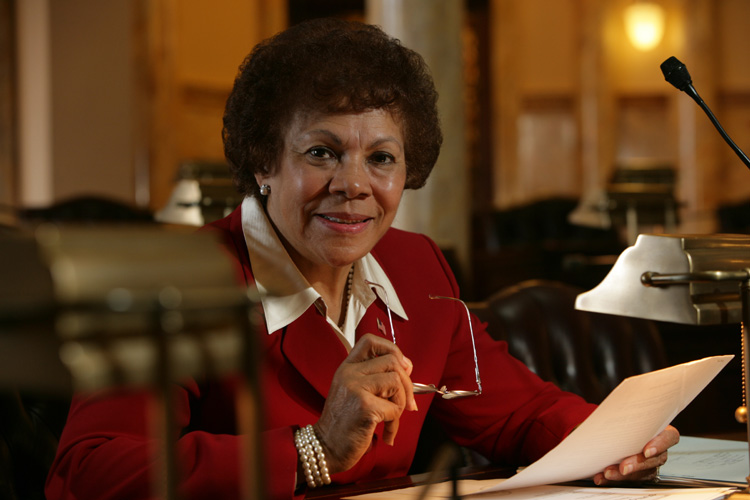
TRENTON – Legislation sponsored by Senator Shirley K. Turner extending the urban enterprise zone designation in all qualifying municipalities cleared the Senate Economic Growth Committee today.
The New Jersey Urban Enterprise Zone Program provides incentives to encourage businesses to locate to urban enterprise zones (UEZs) and create private sector jobs by providing public and private investments to create an economic climate that will revitalize those communities.
S-1080 would extend the designation of all previously designated UEZs for a one-time period of 10 years. The bill would specify that the 10-year extension of these Urban Enterprise Zones be designated within 90 days of the date of expiration of their previous designation as UEZs. The bill would authorize qualifying retail businesses in the UEZ program to charge and collect the State’s sales and use tax at one half of the normal rate.
“By extending these designations we can extend the opportunity to attract companies to these areas,” said Senator Turner (D-Mercer/Hunterdon). “This legislation is about investing in our cities and making these areas more vibrant. We hope to eventually restore this program to its original purpose, and this is just a small first step in doing that. These programs can work, and I think they are a vital asset to our state.”
The UEZ designation in the cities of Bridgeton, Camden, Newark, Plainfield, and Trenton are all due to expire as of January 1, 2017. This legislation would extend their UEZ designations, as well as UEZ designations in all qualifying municipalities for a one-time period of ten years. This would allow all previously designated UEZs to continue their participation in the program, thus authorizing qualifying retail businesses in the UEZs to charge and collect the State’s sales tax at one half of the normal rate. Currently, there are 32 zones in 37 municipalities.
“We have seen how successful this program has been historically, and the significant benefits it has provided to dozens of municipalities across the state,” the senator added. “Reauthorizing the zones is a first step. We must also work to restore the program funding historically recycled back into these communities, to be used for revitalization projects that will further boost these areas.”
Urban Enterprise zones are designated based on factors including high unemployment, low investment in new capital, blighted conditions, obsolete or abandoned industrial or commercial structures, and deteriorating tax bases.
The program we enacted in 1983 as a way to revitalize urban communities. In addition to stimulating businesses in distressed communities, the program provides local hiring opportunities by requiring businesses in UEZs to hire a percentage of full-time employees who live locally, are unemployed or receiving public assistance, or determined to be low-income. The program also provides funding for improvements in downtowns to help make the area attractive for economic development.
S-1080 cleared the committee 3-1 and now heads to the Senate Budget and Appropriations Committee for consideration.

